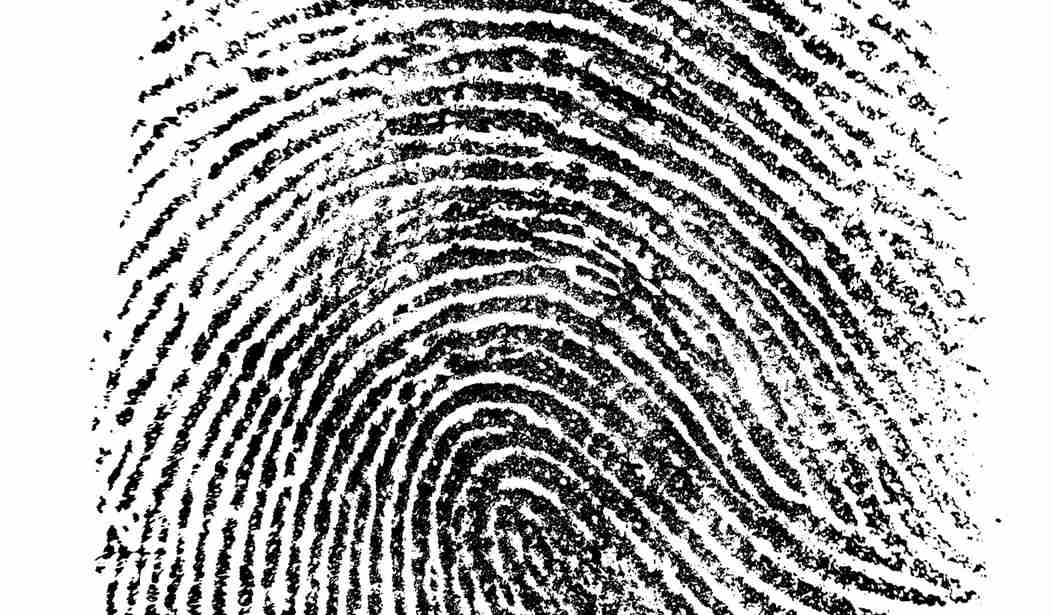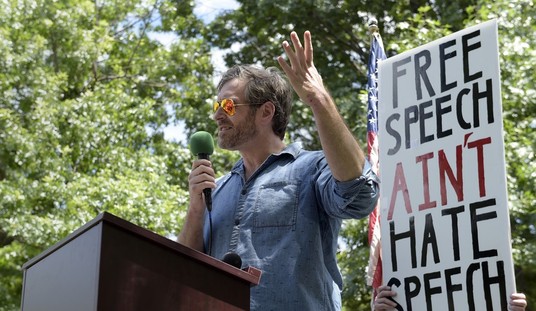Does the government have a right to your biometric markers? That is an issue front and center in a case in which a California woman was compelled by a warrant to unlock an iPhone with her fingerprint.
A warrant was issued in February ordering Paytsar Bkhchadzhyan to unlock an iPhone seized from a Glendale, California, residence. She later pleaded no contest to a felony count of identity theft, according to the Los Angeles Times.
Mark Bartholomew, a law professor at the University of Buffalo who studies encryption and cyber law, told ABC News “the law is very uncertain on this because it hasn’t caught up to technology.”
The government can get warrants for the contents of your files and computer contents, how is a cell phone any different?
“It’s one of those things like always technology is way ahead of the law,” Bartholomew said. “These issues of passwords, biometric safeguards, at the same time law enforcement wants them, over time these are going to be teed up for the courts and Supreme Court to weigh in on it.”
The law is unclear, although it would seem this falls into the “self-incrimination” category.
But one expert argues it is not.
Albert Gidari, the director of privacy at Stanford Law School’s Center for Internet and Society, told the L.A. Times, “Unlike disclosing passcodes, you are not compelled to speak or say what’s ‘in your mind’ to law enforcement. ‘Put your finger here’ is not testimonial or self-incriminating.”
As we rely more and more on technology and take more and more steps to safeguard that technology, how much can the government compel citizens to turn over when it involves unique bio-genetic markers?









Join the conversation as a VIP Member